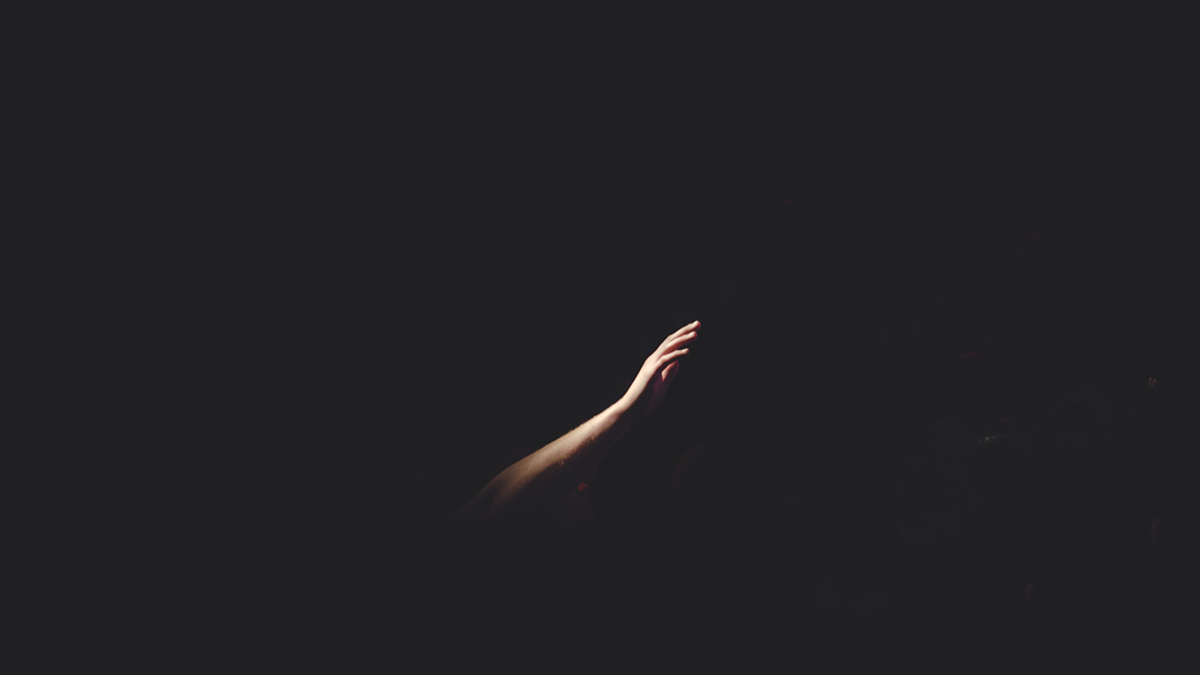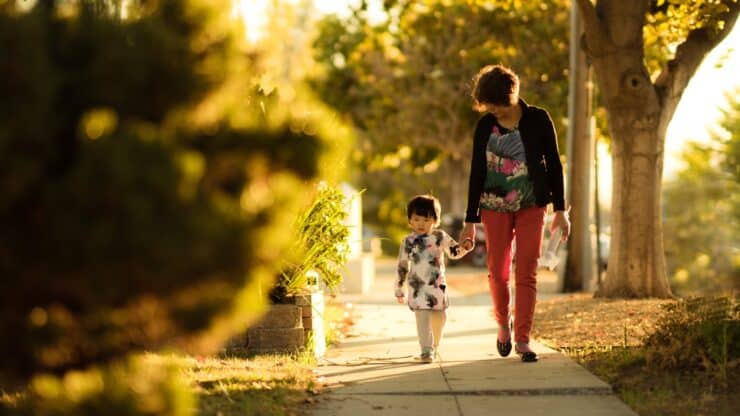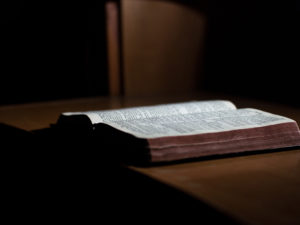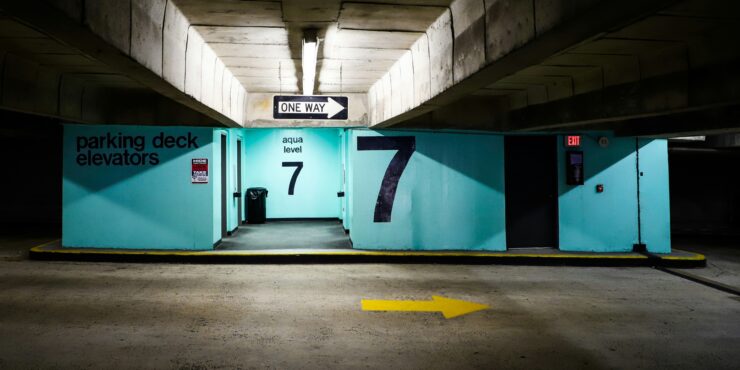Pandemic Disciple Making: Dwelling in Darkness

Are you afraid of the dark? is more than a 90’s TV series. If you listen closely during this pandemic, you’ll likely hear screams bubbling up from within. The show centered around the “Midnight Society,” a group of teens who gathered together to tell spooky stories. Their fascination with terror is tested as the horror begins to creep into the real world. In each episode, they are forced to face the dark.
So what about you? Are you afraid of the dark?
Don’t answer too fast. Fear of darkness lurks in the heart of most people. Take time to consider how you’ve been responding to this in-between season known as COVID-19. Like it or not, we are in the dark now.
Darkness forces itself upon us and beckons us to be still, to rest, and to wrestle with our limits. Each night it carries us from one day to the next. It stands in between what has been and what will be. It’s one of humanity’s most compelling metaphors for evil and the state of internal confusion that comes when the unknown frustrates our ability to see the future.
Sound familiar?
In less than two months, our lives have been turned upside down. Our morning commute’s been replaced by a morning walk to our home “work station.” Running errands now involves suiting up with face mask, latex gloves, and antiseptic wipes. Sunday services are now a show to tune into, rather than a people to connect with and worship God together. Church leaders who used to connect and care for people in person now care by communicating content into a camera. The darkness has destroyed our normal. It’s disrupted our lives, and the scariest part is that no one knows how long this will last or what will come next.
Most Christians associate darkness with evil. Scripture repeatedly contrasts light and dark. The good and the evil. John 1 is one such example, Jesus is shown as the light shining into the darkness. The darkness neither understands nor can it overcome His light. Scripture uses darkness in other ways as well.
Scripture also uses darkness as a season of suffering and uncertainty. On a number of occasions, God uses darkness (again, not evil here) to grow His disciples. In Lamentations, Jeremiah writes that God has “made me dwell in darkness like those long dead. He has walled me in so that I cannot escape,” (3:6–7a). In Job the word darkness occurs 26 times and at one point Job says of God, “He has blocked my way so I cannot pass; he has shrouded my path in darkness” (19:8). Since God uses darkness to mature us as disciples we need to know how to respond when darkness falls.
Isaiah 50:10–11 helps us understand how to respond to periods of darkness. It says,
“… Let him who walks in the dark, who has no light, trust in the name of the Lord and rely on his God. But now, all you who light fires and provide yourselves with flaming torches, go, walk in the light of your fires and of the torches you have set ablaze. This is what you shall receive from my hand: you will lie down in torment.”
Subscribe to our newsletter here to get articles like these and other discipleship content delivered to your inbox every week.
Darkness is no joke! It demands one of three responses. Let’s look at them from most common to least common.
1. Distract Ourselves from It
Consumers are experts in distraction. When they see a hint of darkness they divert their attention to something more pleasing. We provide ourselves with flaming torches by devoting ourselves to work, accomplishment, binge watching Netflix, reading, avoiding news, etc. The options are nearly endless in a consumeristic culture. And we are well-practiced in diversion. Even in times of darkness we dabble in distraction so we don’t have to deal with our inner darkness.
2. Deny It
The second way to handle darkness is to deny it. Denial is an attempt to ignore or overpower the darkness. Instead of recognizing the new reality and adjusting, we seek to keep going as before. In the horror movie, those who deny are the ones we are yelling at to not investigate the strange noise outside. “Don’t you know what’s happening?!” Denying a period of darkness asserts our strength while ignoring our humanity.
3. Dwell in It
This is clearly what God desires. Dwelling in darkness requires us to trust and rely on God. Our humanity moves us to self-protect and escape. Dwelling requires us to recognize our inability to change it and, as Job learned, our right to know why (Job 38). It demands that we remain dependent. We can only be still and know God (Psalm 46:10). It calls us to live by faith and not by sight (2 Cor. 5:7). Dwelling calls us to stand firm because we trust His goodness and His plan for us. The darkness is a purifying agent; when we dwell we recognize God’s power over us and His presence with us in it. We dwell because we want to know Christ and be like Him in His death as well as His life (Phil 3:10–11).
The darkness is an invitation to suffer (Philippians 1:29). It is a call to hold the line, not to push it away with distraction and denial. It is an opportunity to hold onto our faith when everything around us seems to be falling apart. It’s a chance to prove our allegiance to the God of the light and the dark. And it allows us to know God in our hour of testing, not just in our hour of blessing.
So are you afraid of the dark? I am. I fear it in the “fear God” sense. The darkness (again not evil) demands my respect and sobriety as a purifying instrument of God. The darkness is a tool that He uses to draw me to Himself. It can effectively drive out my natural human desire to self-protect and to remain comfortably committed to my own agenda. It’s like another practice that can lead us to grow through tough times. Let’s respond well and let it do its work.
By Justin Gravitt
If you have enjoyed reading this, please consider joining our email list!











